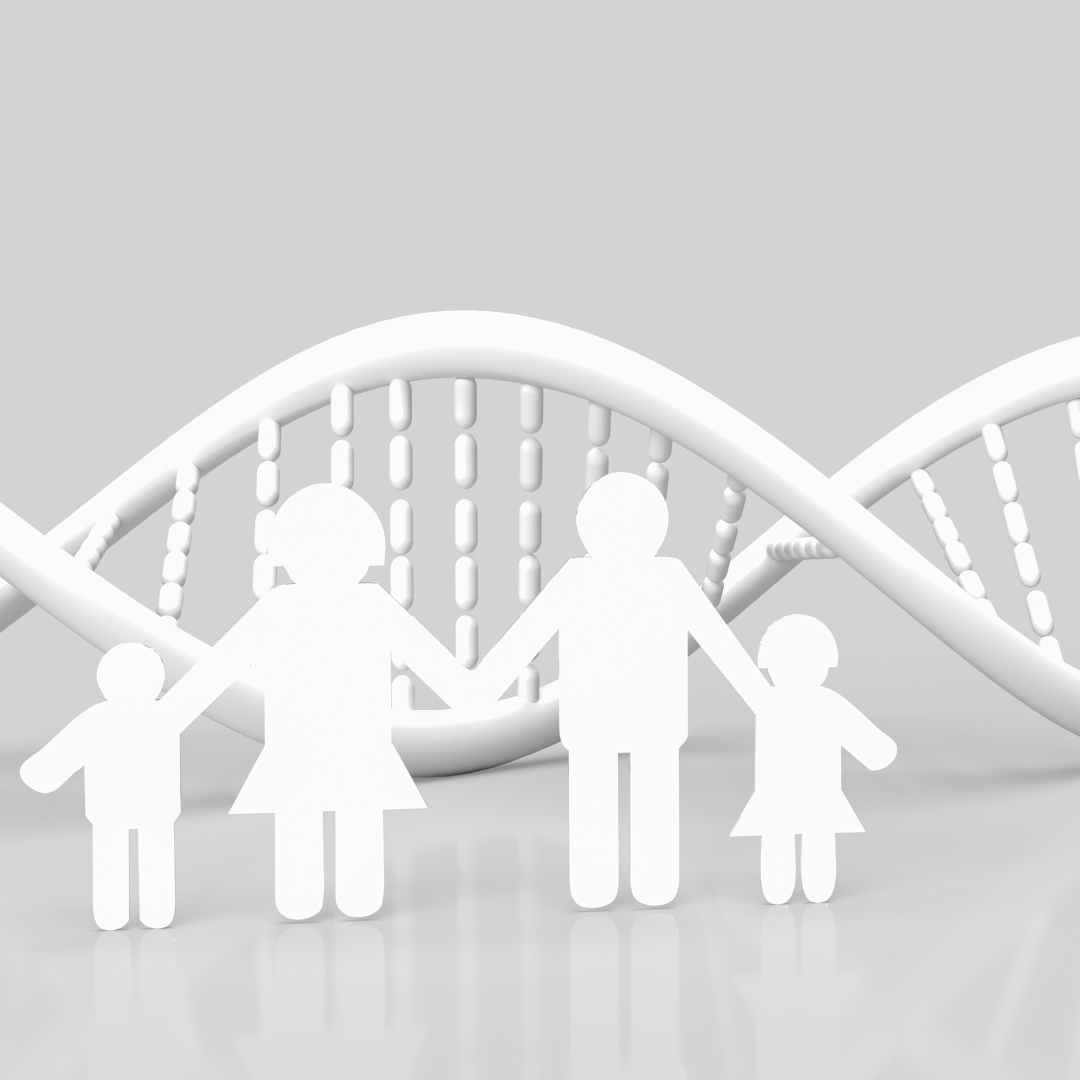
No matter where in the world you reside, you cannot escape the ill effects of environmental pollution. According to the World Health Organization, 9 out of 10 people in the world now breathe polluted air. Pollution comes in the form of ozone and particle pollution, which kills 7 million people each year. The sad part is, more than half of the world, particularly developing nations, have no access to clean fuels and technologies, which means the very air we breathe is getting more polluted with each passing day.
The price of progress means the people in the world are exposed to higher levels of environmental pollutants coming from factories, refineries, power plants, etc. Environmental pollution is inextricably linked with climate change. A strong driver for the latter is fossil fuel combustion, which in itself is also a major contributor to pollution. Carbon emissions from vehicles, noxious gasses from chemical sprays for industrial or home use, and lifestyle habits such as smoking cigarettes continually release hazardous materials into the atmosphere.
Sometimes, these substances are invisible, making them even more dangerous because we falsely think we’re safe in our surroundings. As the earth becomes hotter due to pollution, a depleted ozone layer, and overpopulation, machines also go on overdrive to produce supplies and maintain ambient temperatures. Unfortunately, these processes release more harmful substances into the environment. With more people sharing the planet, we also have to contend with more carbon dioxide from body processes lingering in the air.
Unfortunately, environmental pollution is a very real threat to our health, lives, and overall well-being. Environmental pollution can result in a variety of adverse health conditions such as respiratory infections, stroke, lung cancer, and heart disease. When environmental air is altered and loaded with particulate matter, it impacts our longevity, especially for those of us who suffer from chronic conditions such as asthma and allergies. Below are the most common health risks associated with environmental pollution:

Reduced Longevity Due To Environmental Pollution
Studies indicate that both long-term and short-term exposure to environmental pollutants can impact your longevity, shorten your lifespan and could cause early death. This includes exposure to everyday pollutants such as the following:
- Invisible smog from vehicles
- Gasses released from home cleaners like Lysol and toilet bowl cleaners
- Tobacco toxins
- Inhalation of second hand smoke
- Workplace exposure to harmful chemicals
- The smoke released from cooking and cooking fires
Bear in mind, your genetics plays a major role in how your body responds to the pollutants around you, especially bodily functions involved in oxidative stress and inflammatory pathways. When you’re genetically susceptible to pollutants, your body reacts to the free radicals and alters your DNA, which can then lead to certain diseases like cancer. Moreover, encountering the above-mentioned pollutants could result in lowered lung function and susceptibility to suffering from respiratory diseases. Inhaling these particles can result in deterioration of lung health and overall bodily functions, which could eventually lead to death.
Increased Allergy Attacks
Exposure to environmental pollution may lead to an aggravated allergic reaction. In general, our body’s immune system is primed to fight off invaders or any potential threats. In response to these hazards, there’s increased inflammation and mucus secretions to kill off any potential pathogens. However, in an allergic response, the body reacts to natural triggers like dust or pollen.
For example, people with dust allergies may feel as if they have perpetually runny noses and itchy eyes. Unlike the cold virus which is due to an infection, your body will not recover in a few days. Instead, your immune system goes on overdrive, and you will constantly feel symptoms if you’re exposed to these allergic triggers. Unfortunately, allergies can lead to further complications like asthma, sinusitis, atopic dermatitis (or eczema), and other severe respiratory infections.
More Asthma Flare-Ups
Studies show that environmental pollutants play a critical role in the exacerbation of asthma and allergies. These polluted particles adversely impact the body’s antioxidant pathways and result in airway inflammation. As a result, people with asthma will most likely struggle to breathe if they encounter pollutants. With increased asthma attacks, there may be delayed response to OTC medications like decongestants or prescription rescue medications such as steroids, inhalers, and puffs. Consequently, this means more emergency room visits and increased hospital admissions, leading to missed work days or school days.
Higher Risk of Cardiovascular Diseases
Exposure to environmental air pollution means we could increase our chances of developing heart disease. It may also increase our risk for both heart attack and stroke. The rationale behind this is that inhaling poor-quality air has a negative impact on circulation. Pollutants can travel deep into our bloodstream through the lungs. From there, it could potentially damage the blood vessels and arteries, making them harder and narrower. Consequently, this means the heart has a harder time pumping; thereby, increasing the risk of heart disease and other circulatory diseases.
Increased Lung Cancer Risk
Environmental pollution is not great for your lungs. Environmental pollutants are free radicals that harm the body. Exposure to them results in oxidative stress. When this happens, your body cannot immediately detoxify toxins in your system. Furthermore, your body becomes sluggish and there’s a delay in repairs and healing, resulting in permanent damage. When you breathe in visible and invisible environmental pollutants, the bulk of them enters your respiratory system. With frequent exposure, it’s not surprising that studies affirm particle pollution can result in lung cancer. In these modern times where more particulate matter is present in the atmosphere, we are all at risk.

Potential Developmental Damage in Children
We all know that children have developing immune systems. Since their immunity is immature, they are more susceptible to the adverse impacts of exposure to environmental pollution. Inhaling these toxic substances can stunt lung development in growing children. Moreover, it can also increase the risk of lung infections. Unfortunately, this stunted lung development may have long-term repercussions as it could also possibly reduce their lung functions as adults.
Bear in mind, since respiration is a strong foundation for many other bodily functions and movement, it can also delay overall growth and development. For instance, children with weakened lungs will certainly find it harder to engage in activities and sports because they will not have the endurance and stamina to accomplish activities. This may also affect their mental health because children who cannot keep up with their peers lack self-confidence and develop poor self-esteem.
Coughing, Wheezing, and Shortness of Breath
The above-noted symptoms can be caused by short or long-term exposure to environmental pollution, especially in concentrated levels. Even people with healthy lung functions can experience lung tissue irritation and swelling. Furthermore, those with chronic lung diseases like COPD (chronic obstructive pulmonary disease) and asthma find it much harder to breathe. If you live with these health conditions, it can lead to severe symptoms that require frequent hospitalizations and even death.
Low Infant Birth Weight
Some studies have shown that exposure to environmental pollution can increase low infant birth weight. If the pregnant woman is exposed to more pollutants, the more likely her newborn will weigh less than 2,500 grams. Sadly, babies with low birth weight are at risk for health complications. Their tiny bodies are not strong, and they may also have a harder time feeding, gaining weight, and fighting any infections. Since these babies have little fat, they also have a tougher time regulating their body temperatures. Furthermore, the birth mother’s exposure to pollutants can also increase infant mortality.
The Fight to Keep Our Planet Safe
Our world has more environmental pollution than ever before, which is evident in Global Warming with the extreme changes in weather patterns and the melting of the polar ice caps. For this reason, there have been several attempts on a global scale, coming from personal and industrial initiatives to curb the intensity of pollution. Some governments have executed regulations to ensure companies implement practices to reduce pollutants and regain the balance of gasses in the atmosphere.
In some first-world countries, innovations have been made to create an alternative source of energy to fight pollution. Clean energy sources like wind, geothermal, and solar energy are on the rise. Some governments have provided grants to consumers who utilize solar panels for homes and business establishments.
Furthermore, there’s a move to conserve energy on a personal level by using energy-efficient devices, recycling, choosing more responsible transportation, and implementing better household practices. Thus, you bear a huge responsibility of doing your part in modifying your habits to see significant changes in the world.
To help you with this endeavor, take a CircleDNA test to review your genetic susceptibility to environmental pollution, along with your health disease risk. The test reports will also provide information on your diet, nutrition, personality and more based on your unique DNA. Bear in mind, environmental pollution is akin to a big mirror of man’s follies. It is a challenge we all need to overcome if we truly desire to see a better tomorrow for all our children.






